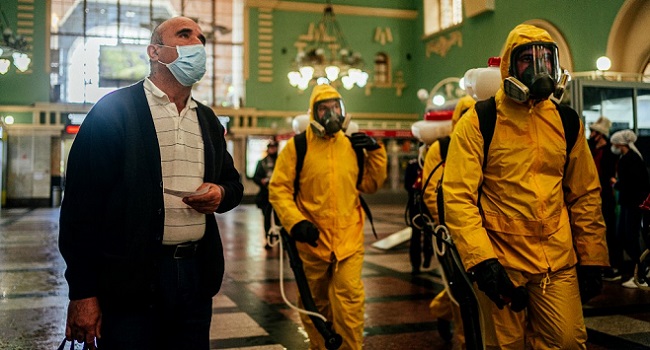
Greece said on Wednesday that pandemic restrictions such as mask-wearing indoors and COVID certificates will be lifted throughout the summer tourism period and authorities will consider reinstating them in September.
Coronavirus infections in Greece eased in recent weeks, with authorities recording 15,000 infections and 64 deaths on Tuesday. Out of a population of 11 million, some 72% are fully vaccinated.
Greece’s vital summer tourism season typically begins after the Orthodox Easter, which this year falls on April 24. Greece is expecting high numbers of visitors this year, with officials predicting revenues reaching 80% of 2019 levels, a record year before the pandemic brought travel to a halt.
Health Minister Thanos Plevris said the decision to ease restrictions was “based on the epidemiological data and suggestions from experts.”
From May 1 to August 31, the public will no longer need to present coronavirus vaccination or illness certificates to enter indoor or open spaces such as restaurants, and authorities are also considering lifting the requirement of presenting an EU digital COVID certificate to enter the country.
In addition, wearing masks indoors will no longer be mandatory as of June 1 and students will return to class after the Easter break without needing to regularly present negative self-tests.
Plevris said all measures will be re-evaluated in September.
Greece, one of the most popular summer tourism destinations in southern Europe, attracted more than 33 million visitors in 2019, most of them from Britain and Germany. The industry accounts for about a fifth of the economy and employs one in five people.



